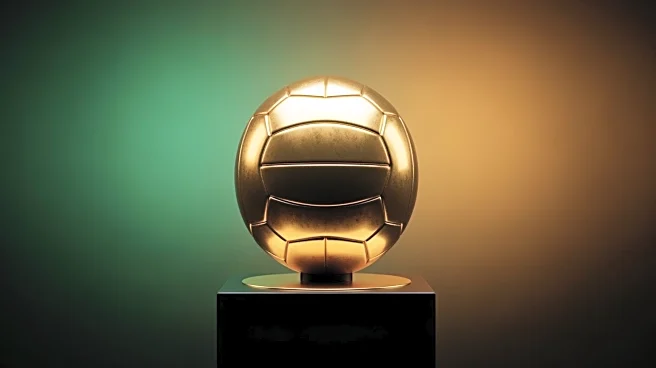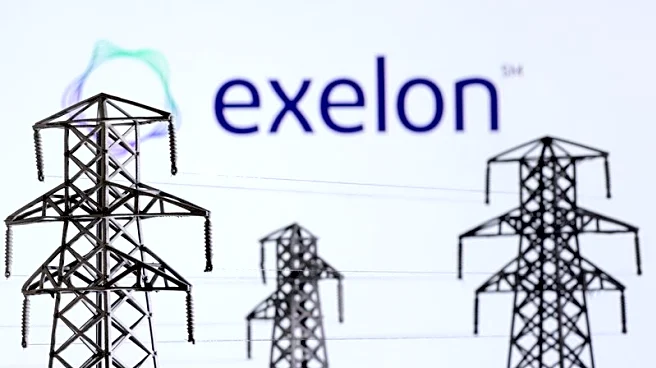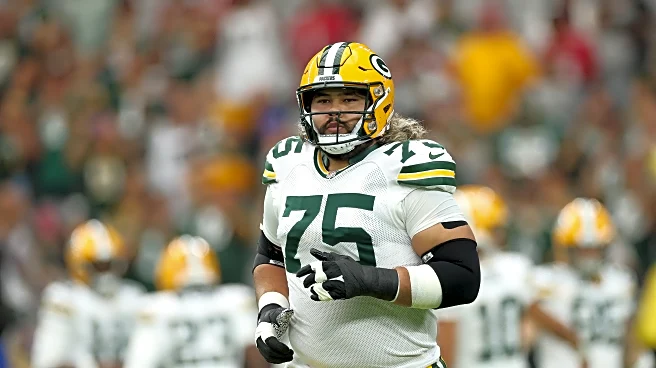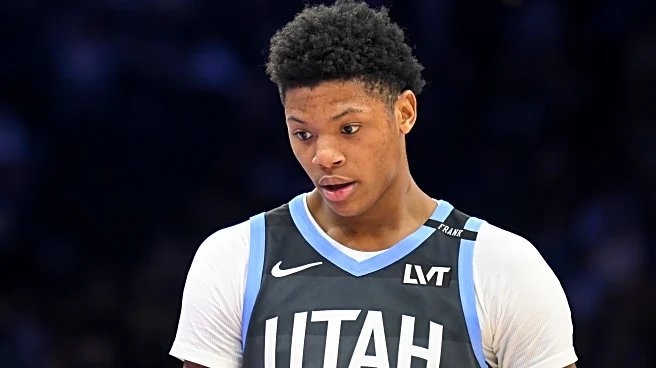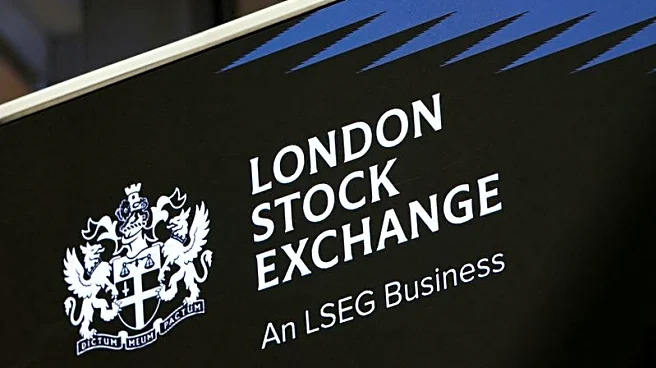What's Happening?
The company owned by Neymar's father has acquired the rights to the Pelé brand for $18 million, as reported by UOL. The acquisition includes the rights to use Pelé's image and name, as well as licensing
for merchandise, historical archives, and other assets. This transaction comes after the brand had not been fully utilized since Pelé's death on December 29, 2022. Neymar, who has been playing for Santos since January 2025, has scored three goals in 16 matches in the 2025 Brazilian Série A. Santos currently sits in 16th place in the league standings with 36 points after 33 matchdays.
Why It's Important?
The acquisition of the Pelé brand by Neymar's father's company is significant as it revives the commercial potential of one of football's most iconic figures. This move could lead to increased revenue through merchandise and licensing deals, benefiting both Neymar's family business and the legacy of Pelé. It also highlights the ongoing influence of football legends in the sports industry, where their names and images continue to hold substantial market value. The transaction may also impact the branding strategies of other sports figures and their estates, encouraging similar deals to capitalize on historical sports icons.
What's Next?
The official announcement of the acquisition is scheduled for November 19. Following this, the company may begin to explore various commercial opportunities to leverage the Pelé brand, including new merchandise lines and partnerships. Stakeholders in the sports industry, including other football clubs and brands, may react by seeking similar deals to enhance their market presence. Additionally, fans and collectors might anticipate new products and memorabilia associated with Pelé, potentially driving demand and interest in the brand.
Beyond the Headlines
The acquisition raises questions about the ethical considerations of monetizing the legacy of deceased sports figures. It also underscores the cultural impact of Pelé, whose influence extends beyond football into broader societal and historical contexts. The deal may prompt discussions on how sports icons are remembered and celebrated, and the role of commercial interests in preserving their legacies.
